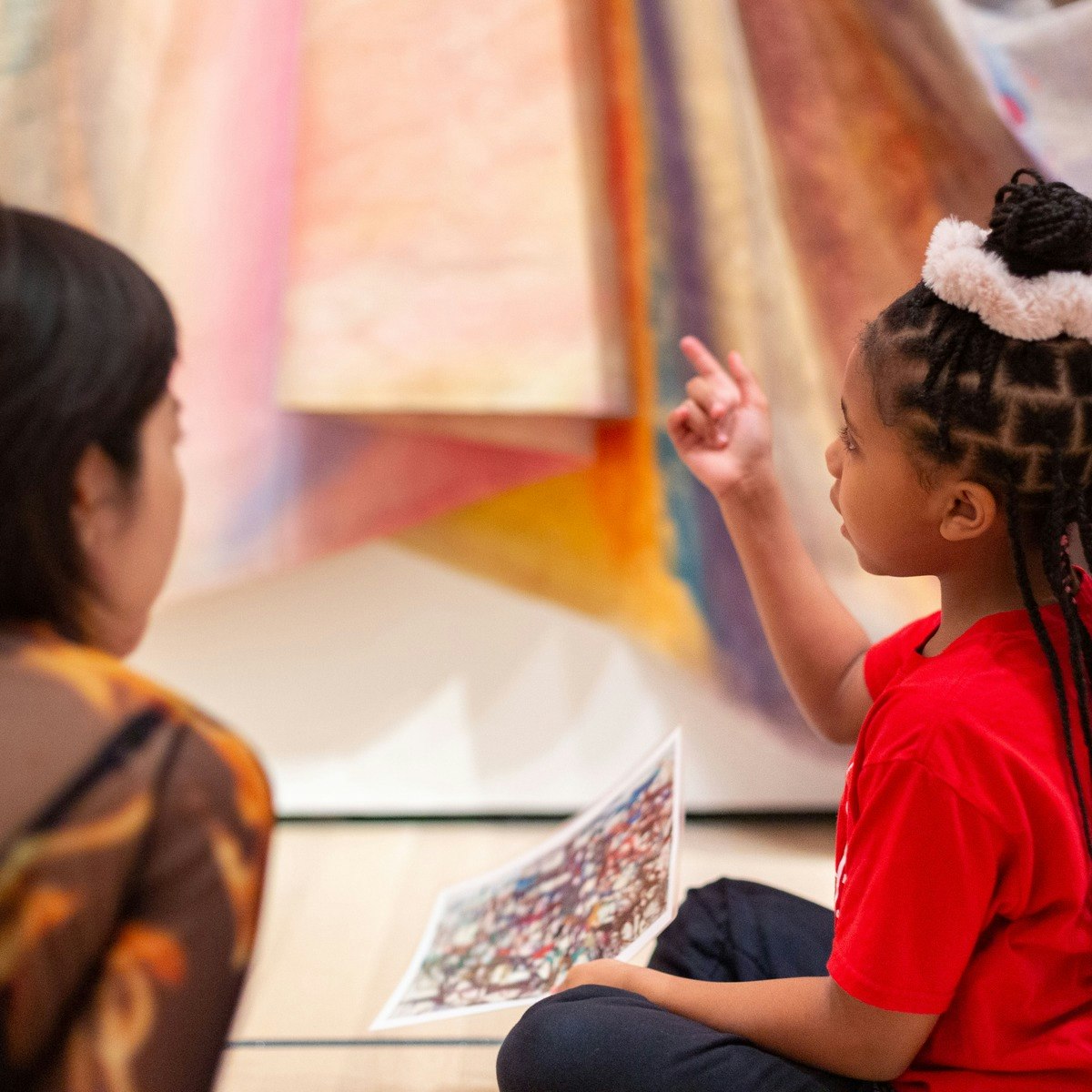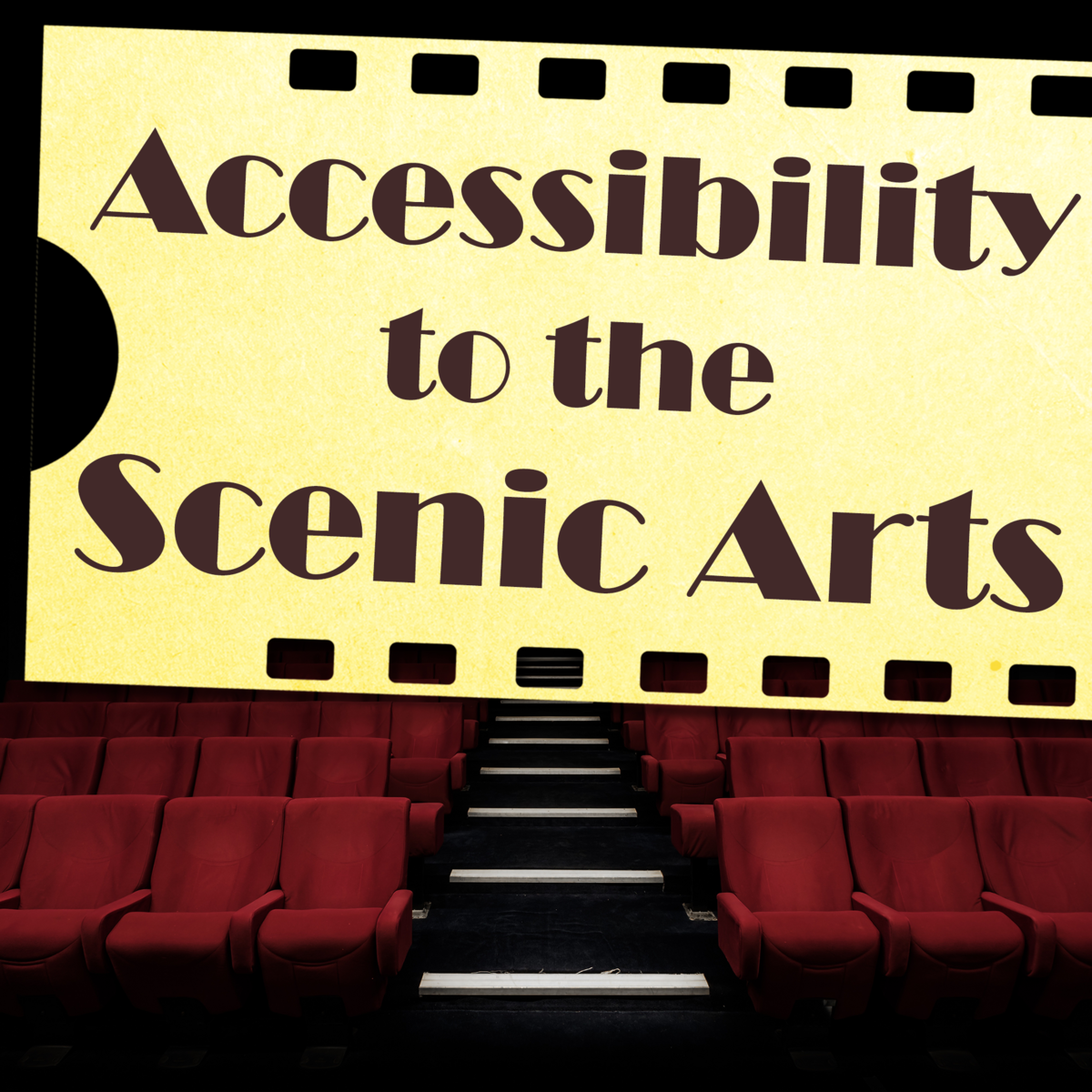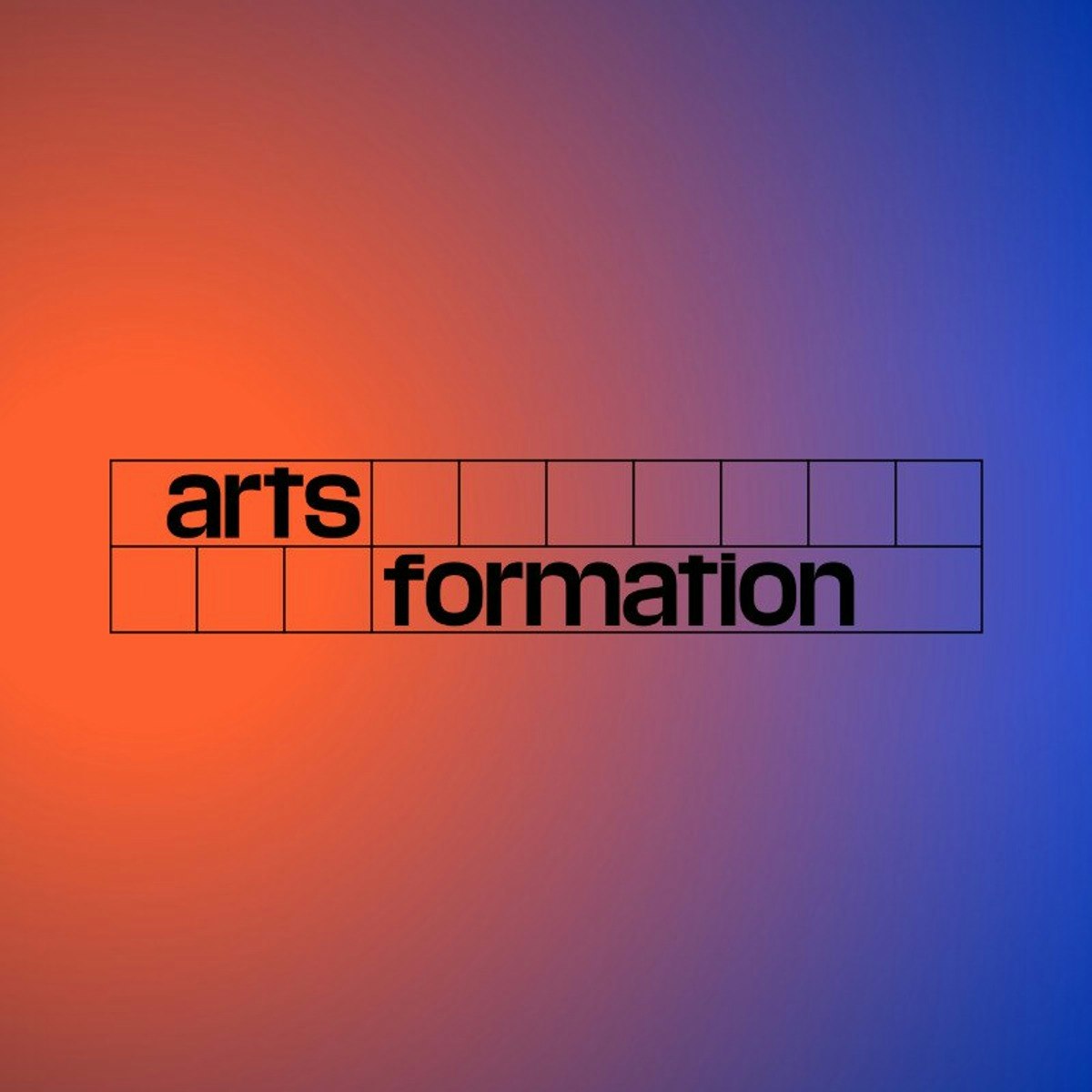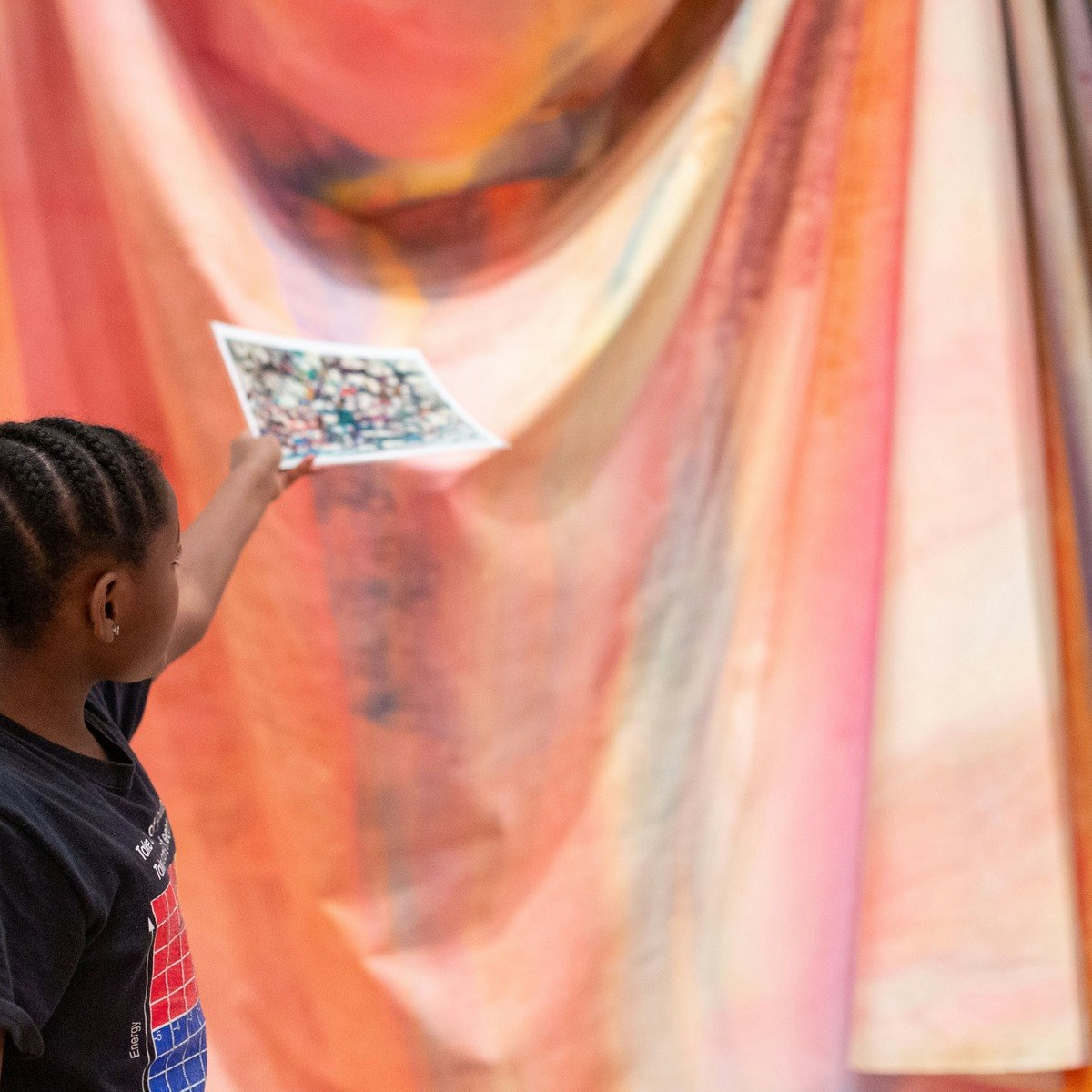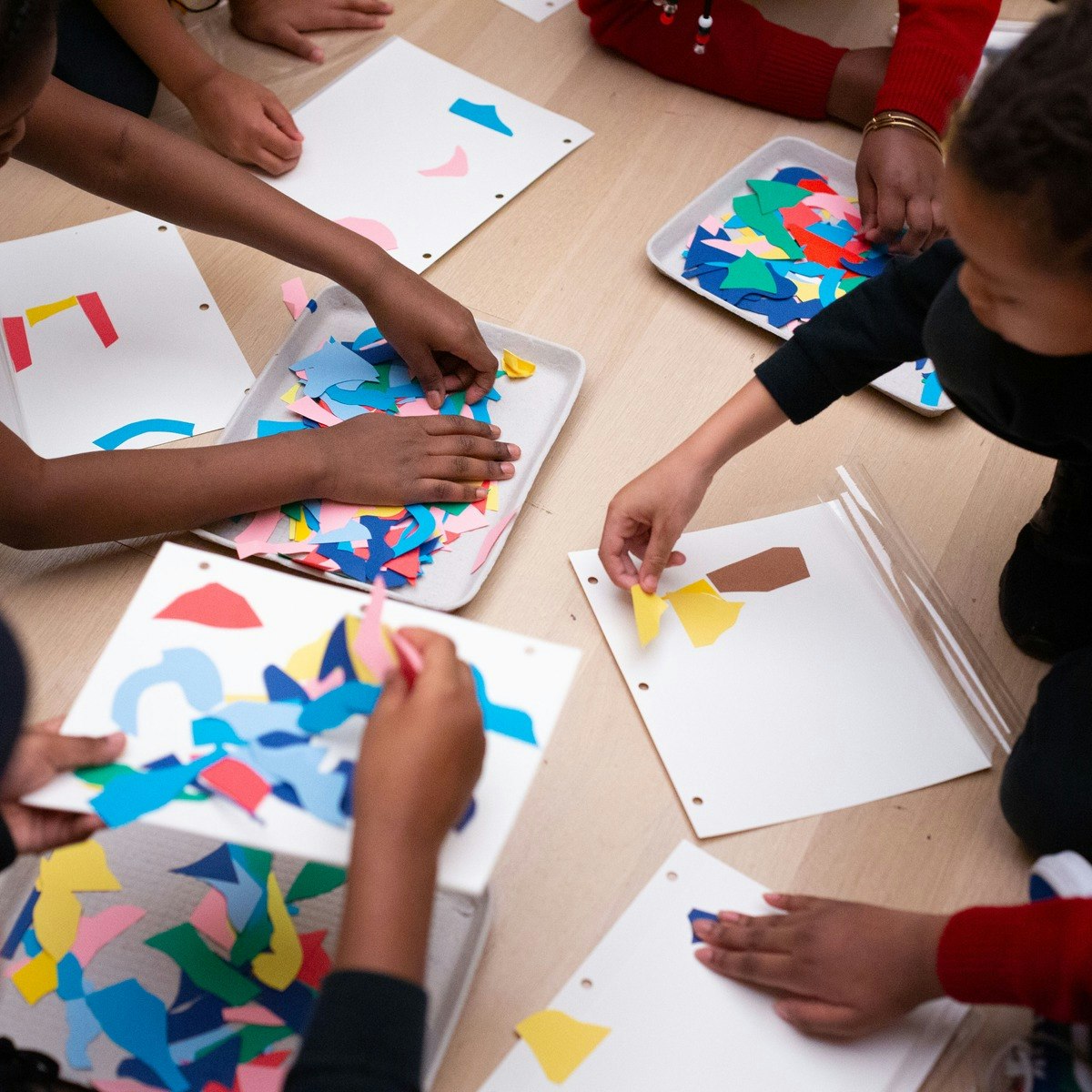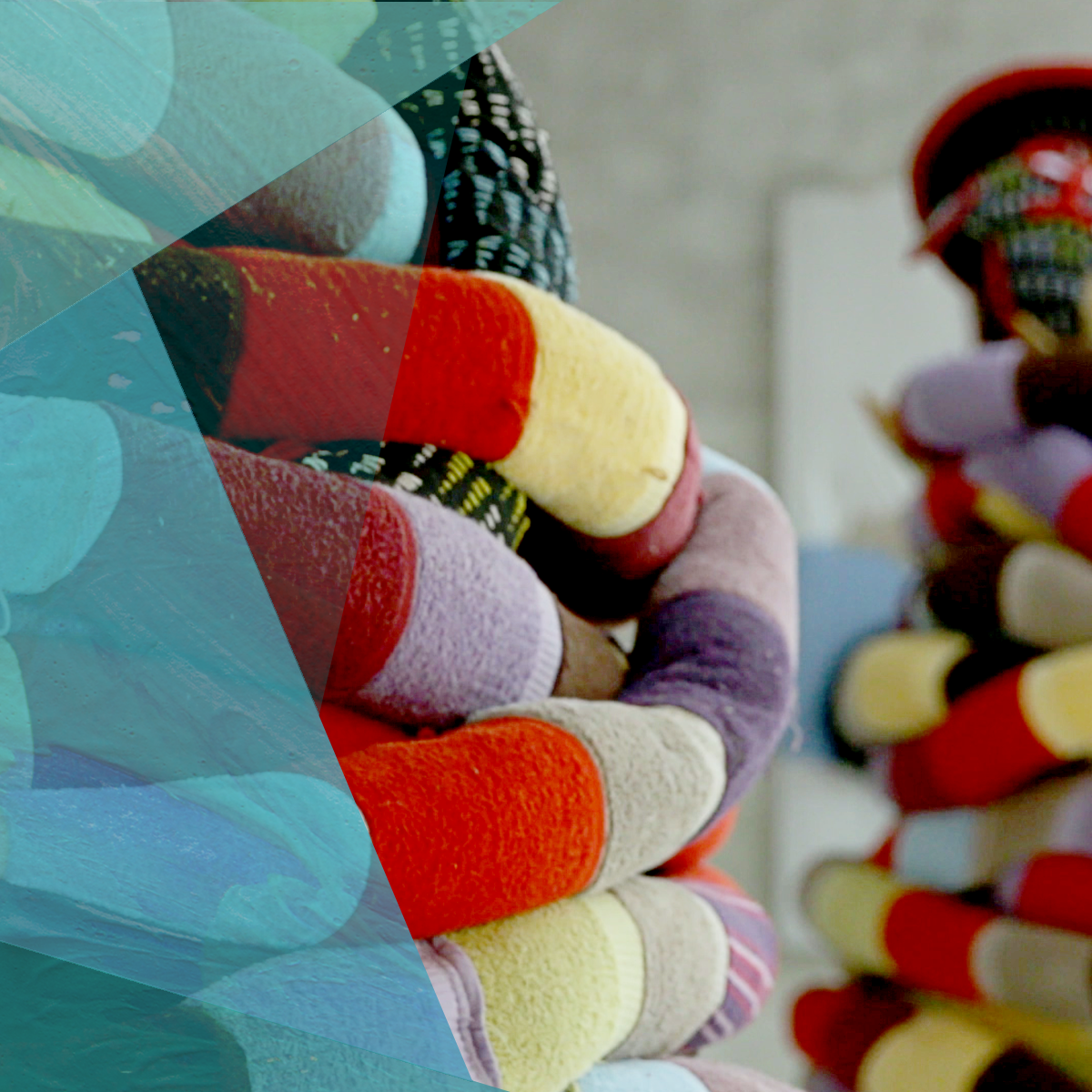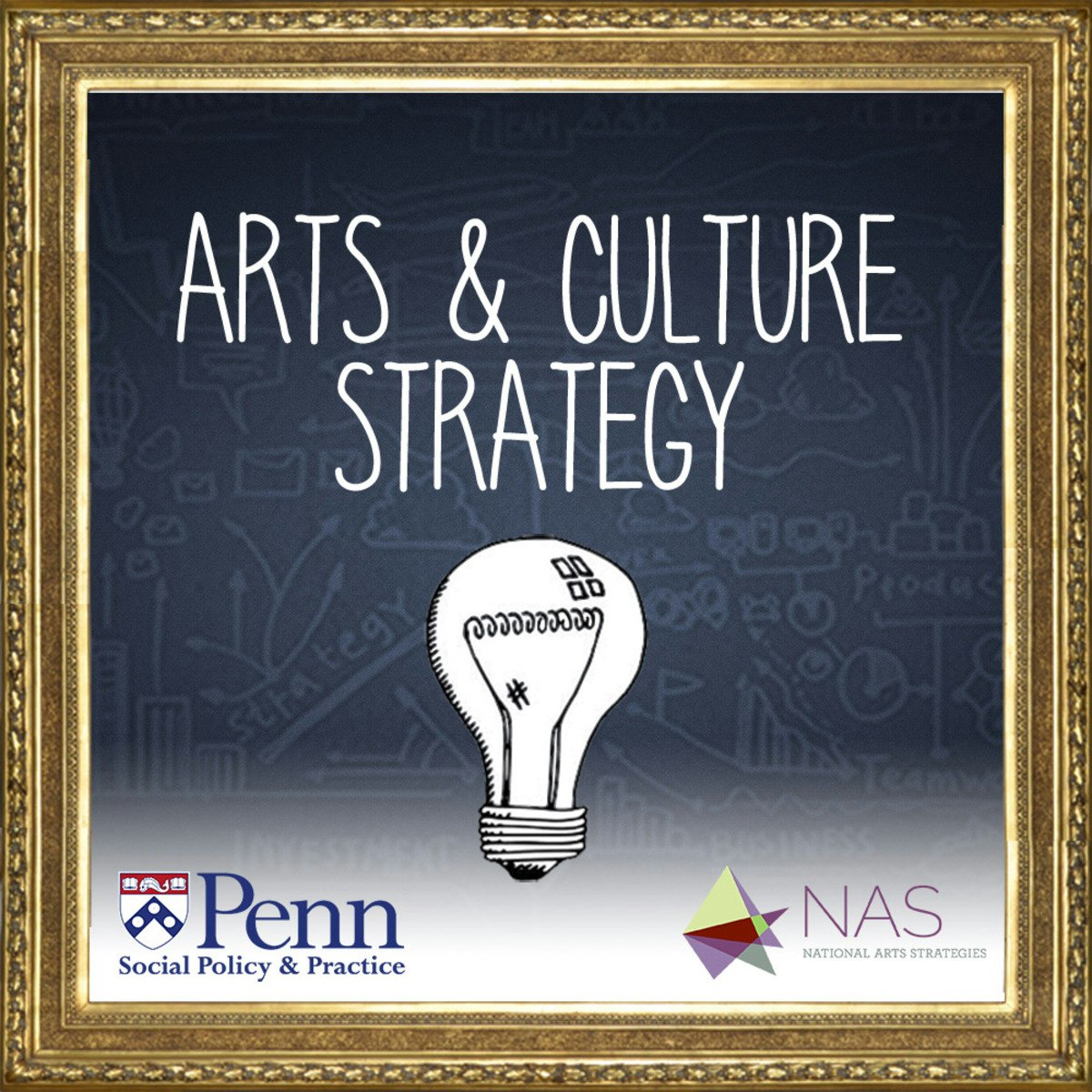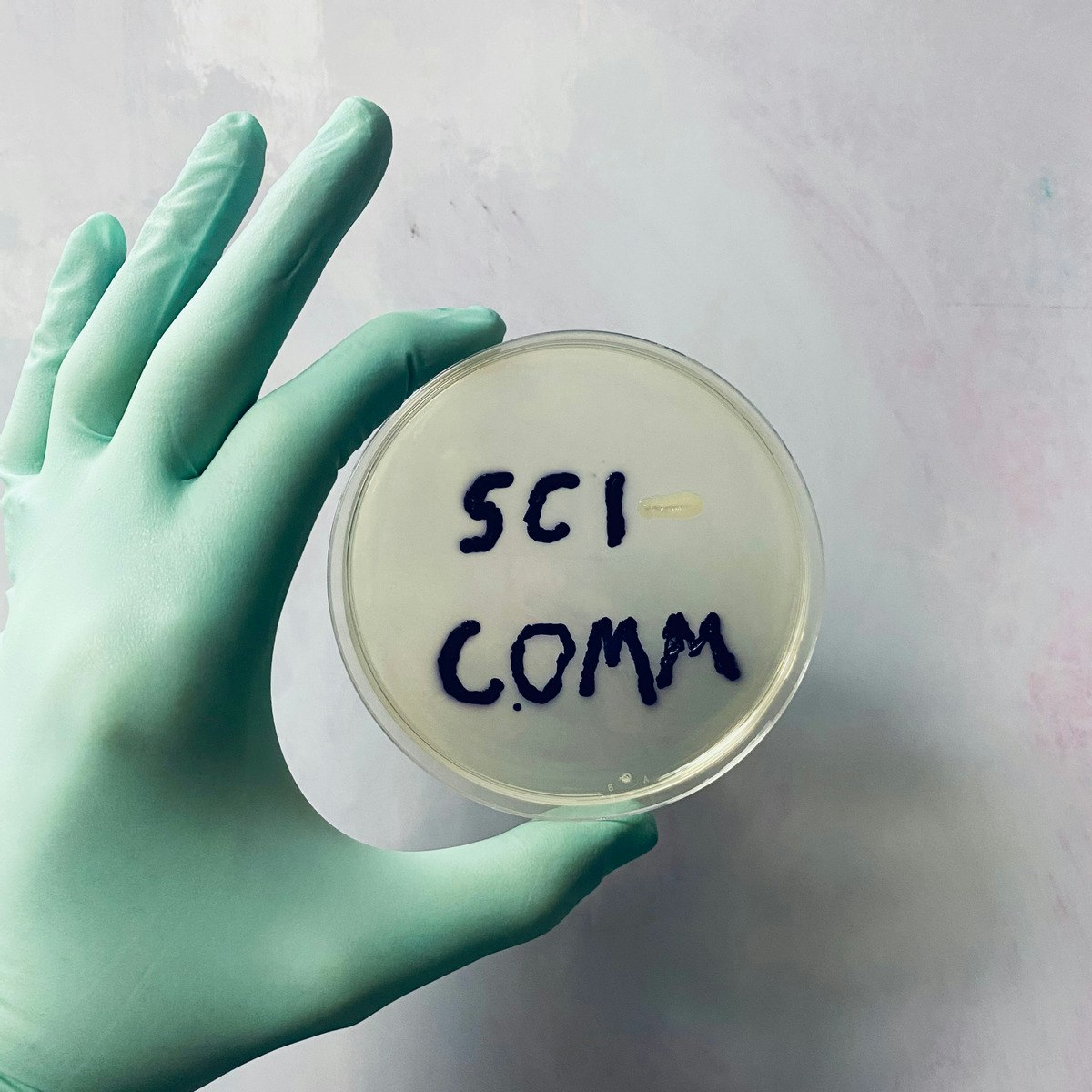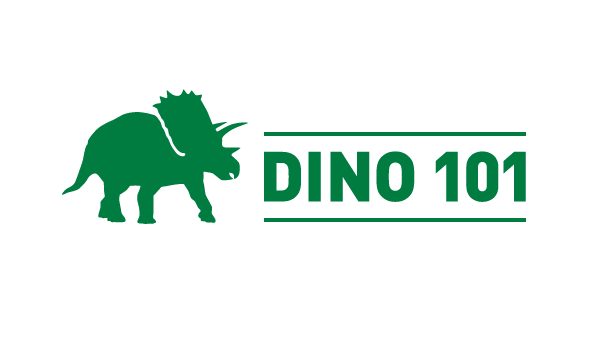Museum Educator
Museum Educator: Shaping Experiences and Connecting Audiences
A Museum Educator serves as a vital link between a museum's collections and the public. They design, implement, and evaluate educational programs that engage diverse audiences, from schoolchildren to adults, fostering understanding and appreciation for art, history, science, or culture. Their work transforms static exhibits into dynamic learning opportunities, making museum visits meaningful and memorable.
Working as a Museum Educator can be deeply rewarding. You have the unique chance to ignite curiosity and facilitate discovery, helping visitors connect with objects and stories in personal ways. The role often involves creative program design, engaging storytelling, and collaborating with curators and community members, offering a varied and stimulating work environment.
What Does a Museum Educator Do?
Defining the Role and Scope
Museum Educators are essentially the educational heart of a museum. They translate complex information embedded in collections and exhibitions into accessible and engaging learning experiences. Their scope is broad, encompassing not just formal teaching but also informal learning strategies tailored to visitors of all ages and backgrounds.
They are interpreters, facilitators, and program designers. They might lead guided tours, develop self-guided materials, create hands-on activities, or manage outreach programs that extend the museum's reach into the community. Their goal is always to enhance visitor understanding and connection to the museum's content.
This role requires a blend of subject matter expertise (in art, history, science, etc.) and pedagogical skill. Educators must understand learning theories and adapt their methods to suit different learning styles and abilities, ensuring an inclusive environment for everyone.
Core Responsibilities
A primary responsibility is designing educational programs. This involves researching content, developing learning objectives, creating activities, and producing materials like worksheets or digital resources. Programs can range from school field trips and teacher workshops to family days and adult lectures.
Facilitating learning experiences is another key duty. This includes leading gallery tours, conducting workshops, and managing interactive exhibits. Effective facilitation involves asking probing questions, encouraging discussion, and adapting to the audience's interests and knowledge levels.
Museum Educators also evaluate the effectiveness of their programs. They might collect feedback through surveys, observe visitor interactions, or analyze participation data. This evaluation informs future program development and helps demonstrate the educational impact of the museum.
Collaboration is essential. Educators work closely with curators to ensure program accuracy, with exhibit designers to integrate educational components, and with marketing teams to promote programs. They may also partner with schools, community organizations, and other external groups.
These courses offer insights into effective teaching strategies, particularly within cultural institutions, and developing engaging programs.
Importance in Bridging Museums and Public Audiences
Museum Educators play a crucial role in making museums relevant and accessible. They break down potential barriers, whether intellectual, physical, or social, ensuring that collections are not just preserved but actively used for public benefit and lifelong learning.
They act as advocates for the audience within the museum, ensuring that visitor needs and perspectives are considered in exhibition planning and programming. This audience-centered approach helps museums build stronger relationships with their communities.
By creating engaging programs, educators help cultivate future generations of museum-goers and supporters. They can spark a lifelong interest in art, history, or science, contributing to a more informed and culturally aware society. Their work underscores the museum's role as an essential educational resource.
Understanding accessibility and diverse audience needs is fundamental to this bridging role. This course explores making cultural experiences accessible to all.
Historical Evolution of Museum Education
Early Developments and Democratization
The roots of museum education lie in the 19th and early 20th centuries, coinciding with the growth of public museums and movements towards democratization. Initially, museums were often seen as repositories for scholars, but a growing belief in education for all spurred efforts to make collections accessible to wider audiences.
Early educational activities often involved lectures or guided tours led by curators or volunteers. The focus was primarily on disseminating knowledge about the objects, often reflecting the perspectives and priorities of the institution's leadership and scholarly staff.
Progressive Era reforms and increased public funding for education further influenced museums to embrace their educational potential. Figures like John Cotton Dana championed the idea of the museum as an active community resource, laying groundwork for more structured educational programming.
Understanding this historical context requires skills in historical research and analysis.
Shift Towards Audience Engagement
The mid-to-late 20th century saw a significant shift in museum philosophy, moving from a primary focus on collection and curation towards greater emphasis on visitor experience and engagement. Theories from education and psychology began to influence museum practices.
Educators started employing more interactive and inquiry-based methods, encouraging visitors to actively interpret objects and construct their own meanings. This constructivist approach recognized that learning is an active process shaped by the visitor's prior knowledge and experiences.
The role of the Museum Educator became more professionalized, with specialized training programs emerging. Educators gained more influence within museum structures, advocating for audience-centered design and programming. The focus broadened beyond school groups to include families, adults, and diverse community members.
These books delve into the theory and practice of museum learning and visitor engagement.
Impact of Digitalization
The late 20th and early 21st centuries brought the digital revolution, profoundly impacting museum education. Websites, online collections, and virtual tours expanded access beyond the museum's physical walls, reaching global audiences.
Digital tools offered new ways to engage visitors both inside and outside the museum. Interactive kiosks, mobile apps, augmented reality (AR), and virtual reality (VR) experiences provided immersive and personalized learning opportunities. Educators needed to develop new skills to leverage these technologies effectively.
Digital platforms also enabled new forms of data collection and audience analysis, allowing educators to better understand visitor behavior and tailor programs more precisely. However, digitalization also presented challenges, including the digital divide, the need for ongoing technological investment, and balancing virtual experiences with the unique value of interacting with authentic objects.
This course examines how digital transformations impact cultural institutions.
Core Skills for Museum Educators
Pedagogical Techniques for Diverse Learners
Effective Museum Educators possess a strong foundation in pedagogy – the theory and practice of teaching. They understand various learning theories, such as constructivism, inquiry-based learning, and object-based learning, and apply them appropriately.
Crucially, they must adapt their teaching methods for diverse audiences. This includes tailoring content and delivery for different age groups (children, teens, adults, seniors), varying educational backgrounds, learning abilities, and cultural perspectives. Techniques might include storytelling, questioning strategies like Visual Thinking Strategies (VTS), hands-on activities, and group discussions.
Creating an inclusive and welcoming learning environment is paramount. This involves using accessible language, being sensitive to different viewpoints, and ensuring programs meet accessibility standards for visitors with disabilities. Flexibility and responsiveness to audience needs are key.
These courses provide frameworks for teaching thinking skills and engaging diverse learners, often using art as a medium.
Familiarity with various teaching methods is essential for adapting to different learners and contexts.
Artifact Interpretation and Storytelling
Interpreting artifacts and artworks is a core skill. Educators must research objects, understand their historical or cultural context, and identify compelling narratives. They need to distill complex information into engaging and accessible stories.
Storytelling is a powerful tool for connecting visitors emotionally and intellectually to museum content. Effective storytellers can bring history to life, explain scientific concepts clearly, or illuminate artistic techniques in a captivating way. This often involves weaving together factual information with human elements and relatable themes.
Object-based learning, a cornerstone of museum education, relies heavily on interpretive skills. Educators guide visitors in closely observing objects, asking questions, and drawing conclusions based on evidence. This encourages critical thinking and personal discovery.
Courses focusing on specific historical periods, art movements, or scientific topics can deepen interpretive abilities.
Collaboration and Communication
Museum Educators rarely work in isolation. Strong collaboration skills are necessary for working effectively with colleagues across different departments, including curatorial, collections management, exhibition design, marketing, and development.
Communication skills are vital for interacting with diverse audiences, presenting information clearly and engagingly, and facilitating discussions. This includes written communication (for program materials, labels, online content) and interpersonal skills (for leading tours, workshops, and meetings).
Building relationships with community partners, such as schools, libraries, and local organizations, is often part of the role. This requires effective outreach, negotiation, and partnership management skills to develop joint programs and extend the museum's impact.
This book explores collaborative approaches within museums.
Formal Education Pathways
Relevant Undergraduate Degrees
There isn't one single required undergraduate degree for becoming a Museum Educator. However, a bachelor's degree is generally considered the minimum requirement. Degrees in fields related to museum content are common, such as Art History, History, Anthropology, Archaeology, or specific sciences (Biology, Geology, etc.).
Alternatively, degrees in Education provide a strong foundation in pedagogical theories, curriculum development, and classroom management techniques, which are directly applicable to museum settings. Some universities offer undergraduate programs or minors specifically in Museum Studies, though these are less common than graduate programs.
Regardless of the major, coursework in subjects like communication, child development, cultural studies, and potentially a foreign language can be beneficial. Practical experience through internships or volunteering during undergraduate years is highly recommended and often crucial for entry-level positions.
Exploring foundational courses in relevant subject areas can strengthen your background. OpenCourser offers courses across many disciplines, including History and Humanities.
Graduate Programs in Museum Studies
For many Museum Educator roles, especially those involving program management or leadership, a master's degree is often preferred or required. Graduate programs in Museum Studies, Museum Education, or Public History are the most direct routes.
These programs typically offer specialized coursework in museum theory and practice, educational program development, audience research, exhibit interpretation, collections care, and museum management. They often include required internships, providing invaluable hands-on experience and networking opportunities.
Some individuals pursue master's degrees in their specific subject area (e.g., Art History, Biology) combined with significant museum experience or supplemental coursework in education. Others might obtain a Master of Arts in Teaching (MAT) or a Master of Education (M.Ed.) with a focus relevant to informal learning environments.
Choosing a graduate program requires research into faculty specializations, internship placements, and alumni career paths to find the best fit for your interests and goals.
Certifications and Additional Training
While not always mandatory, certifications and additional training can enhance qualifications. State teaching licenses can be advantageous, particularly for educators working closely with K-12 school programs, although requirements vary significantly depending on the institution and state.
Museum-specific professional development workshops and certificates are offered by museum associations (like the American Alliance of Museums - AAM) and universities. These often focus on specialized topics like digital engagement, accessibility, evaluation, or leadership in cultural institutions.
Certifications in related areas, such as nonprofit management or fundraising, might also be beneficial for those seeking leadership roles within museum education departments. Continuous learning through workshops, conferences, and online courses is important for staying current in the field.
Online courses offer flexible ways to gain specific skills or foundational knowledge relevant to museum work.
Career Progression and Opportunities
Entry-Level Roles
Starting a career in museum education often begins with roles like Education Assistant, Gallery Educator, Tour Guide, or Program Coordinator. These positions typically involve direct program delivery, assisting senior educators, scheduling tours, and managing materials.
Internships (paid or unpaid) and volunteer positions are extremely common pathways into these entry-level roles. Gaining practical experience in a museum setting, even part-time or temporarily, is often essential for securing a first paid position in this competitive field.
Entry-level roles provide foundational experience in program logistics, audience interaction, and understanding the day-to-day operations of an education department. They offer opportunities to learn from experienced professionals and begin building a professional network.
Mid-Career and Senior Roles
With experience and often a graduate degree, educators can advance to roles like Museum Educator, Senior Educator, School Programs Manager, Public Programs Manager, or Head of Education. These positions involve greater responsibility for program design, curriculum development, budget management, staff supervision, and strategic planning.
Mid-career educators often specialize in specific audiences (e.g., K-12, families, adults) or program types (e.g., digital learning, accessibility programs). They may take the lead on major projects, grants, or partnerships.
Senior roles, such as Director of Education or Chief Learning Officer, involve leading the entire education department, setting strategic direction, representing education at the museum's leadership level, fundraising, and managing significant budgets and staff teams. These roles require extensive experience, leadership skills, and often a strong record of innovation and impact.
Alternative Paths and Transferable Skills
The skills developed as a Museum Educator are transferable to various other fields. Experience in program development, teaching, communication, project management, and audience engagement is valuable in many sectors.
Alternative career paths might include roles in other nonprofit organizations (program management, development), educational institutions (curriculum design, instructional technology, teaching), cultural tourism, consulting, or even corporate training and development. Some educators transition into related museum roles like visitor services, volunteer management, or curation, particularly if they have strong subject matter expertise.
Starting your own freelance museum education business, offering specialized tours or workshops, is also a possibility, though often challenging to establish. The key is identifying how skills honed in the museum context align with opportunities in other sectors.
Challenges Facing Museum Educators
Funding and Budget Constraints
Museums, particularly non-profits, often operate under tight budgets. Education departments can be vulnerable during times of financial constraint, potentially facing cuts to staffing, program resources, or professional development opportunities.
Securing funding for innovative programs often requires grant writing skills and the ability to demonstrate measurable impact. Educators may spend significant time seeking external funding or justifying the value of their programs internally.
Budget limitations can restrict the scope and scale of educational initiatives, requiring educators to be resourceful and creative in finding low-cost solutions without compromising quality. This financial pressure can sometimes lead to burnout or limit career growth opportunities within an institution.
Balancing Accessibility, Engagement, and Rigor
Museum Educators constantly navigate the challenge of making complex subjects accessible and engaging for broad audiences while maintaining intellectual rigor and accuracy. Simplifying content too much can risk trivializing it, while being overly academic can alienate visitors.
Meeting the diverse needs and expectations of various audiences – from school groups seeking curriculum alignment to casual tourists looking for entertainment – requires careful balancing. Educators must create experiences that are both educational and enjoyable.
Furthermore, addressing sensitive or controversial topics inherent in some collections requires tact, pedagogical skill, and institutional support. Balancing open dialogue with respect for different perspectives is a delicate but essential task.
This book explores how museums manage their missions and resources.
Job Market Competitiveness
The field of museum education is passionate and rewarding, which unfortunately also makes it highly competitive. There are often many qualified applicants for a limited number of open positions, especially in desirable locations or prestigious institutions.
Landing an entry-level role frequently requires significant internship or volunteer experience, often unpaid, which can be a barrier for some aspiring educators. Advancement may also require geographic relocation or pursuing further education.
Salaries in the museum field, including for educators, tend to be lower than in comparable roles in the for-profit sector or even some areas of formal education. Aspiring educators should research salary expectations realistically. Resources like the Bureau of Labor Statistics Occupational Outlook Handbook (often grouping educators with curators/technicians) and salary surveys from professional organizations can provide context.
Museum Educators in the Digital Age
Virtual Programming and Hybrid Models
The rise of digital technology has spurred the development of virtual museum programs. Educators now create online workshops, virtual tours, webinars, and digital learning resources accessible to audiences anywhere, anytime.
Hybrid models, blending in-person and online components, are also emerging. This might involve pre-visit online activities, in-gallery digital interactives accessed via personal devices, or post-visit online discussions and resources.
Designing effective virtual programs requires different skills than traditional methods, including proficiency with digital platforms, video production basics, and strategies for fostering engagement in an online environment. Educators must adapt their pedagogical approaches for the screen.
These courses touch upon digital communication and visualization, skills increasingly relevant for online engagement.
Immersive Technologies: AR and VR
Augmented Reality (AR) and Virtual Reality (VR) offer exciting possibilities for immersive museum learning. AR can overlay digital information onto physical exhibits viewed through a smartphone or tablet, while VR can transport visitors to different times, places, or perspectives entirely.
Educators can use these technologies to provide deeper context, reveal hidden details, reconstruct historical environments, or allow interaction with virtual objects. For example, AR might show how an ancient ruin originally looked, while VR could offer a simulated journey inside the human body.
Developing AR/VR experiences often requires collaboration with specialized designers and technologists. Educators play a key role in defining the learning objectives, ensuring historical or scientific accuracy, and integrating these experiences thoughtfully into broader educational programs.
Data-Driven Audience Analysis
Digital platforms provide rich data on visitor engagement. Website analytics, app usage statistics, social media interactions, and online survey responses offer insights into audience preferences, learning patterns, and program effectiveness.
Museum Educators can use this data to make informed decisions about program development, tailor content to specific audience segments, and measure the impact of their initiatives more effectively. This data-driven approach helps optimize resources and demonstrate value.
Skills in basic data analysis and interpretation are becoming increasingly valuable for Museum Educators. Understanding how to collect, analyze, and report on audience data enhances strategic planning and program evaluation.
This book discusses metadata, a key component of organizing digital information for analysis and discovery.
Ethical Considerations for Museum Educators
Decolonizing Narratives and Interpretation
Museums are increasingly grappling with their colonial legacies and the biases embedded in their collections and traditional narratives. Museum Educators are on the front lines of efforts to decolonize interpretation, presenting more inclusive, multivocal histories.
This involves critically examining existing narratives, acknowledging silenced voices and perspectives, and incorporating Indigenous knowledge systems and community-based interpretations. It requires ongoing learning, humility, and a commitment to challenging dominant historical accounts.
Educators must develop strategies for discussing difficult histories related to colonialism, racism, and power imbalances in ways that are honest, respectful, and age-appropriate. Collaboration with source communities is often essential in this work.
These courses explore indigenous perspectives and confronting problematic narratives.
Representation of Marginalized Communities
Ensuring equitable and respectful representation of marginalized communities is a critical ethical responsibility. This extends beyond historical narratives to include contemporary representation in programming, staffing, and partnerships.
Educators must be mindful of avoiding stereotypes, tokenism, and cultural appropriation. Programs should authentically reflect the diversity of human experience and provide platforms for underrepresented voices.
This requires cultural competency, ongoing dialogue with community members, and a commitment to fostering inclusive spaces where all visitors feel seen, valued, and respected. It involves actively seeking out diverse perspectives in program development and delivery.
Understanding cultural contexts is fundamental to respectful representation.
Handling Contested Artifacts and Histories
Museum collections often contain objects acquired through problematic means or associated with contested histories, such as human remains, sacred objects, or items linked to violence and oppression. Educators must navigate the ethical complexities of interpreting and discussing these artifacts.
This involves transparency about provenance (an object's history of ownership), acknowledging different cultural perspectives on the object's significance and display, and facilitating difficult conversations about repatriation, restitution, and historical trauma.
Developing appropriate pedagogical strategies for addressing sensitive content requires careful planning, consultation with relevant communities, and institutional guidelines. The goal is to foster critical engagement and ethical reflection without causing undue harm or disrespect.
This book explores critical practice and ethical dilemmas within museums.
Understanding cultural heritage involves navigating these complex ethical dimensions.
Online Learning for Aspiring Museum Educators
Building Foundational Knowledge Remotely
Online courses offer accessible pathways to build foundational knowledge relevant to museum education. Platforms like OpenCourser provide access to courses in Art History, History, Anthropology, Education Theory, Communication Studies, and even specialized topics like Digital Humanities or Cultural Heritage Management.
These courses can supplement formal degree programs or provide essential background for career changers. They allow learners to study flexibly, exploring different subject areas before committing to a specific path or graduate program.
Many universities and cultural institutions also offer online workshops or certificate programs focused specifically on museum practices. Leveraging these resources can demonstrate initiative and provide specific skills sought by employers.
Explore diverse subjects relevant to museum content through online learning.
Portfolio Development Through Virtual Projects
While hands-on museum experience is ideal, online learning can contribute to portfolio development. Some courses involve projects like designing virtual exhibits, creating digital learning resources, writing interpretive texts, or developing program proposals.
Participating in online forums, contributing to digital humanities projects, or even creating a professional blog discussing museum topics can showcase writing skills, critical thinking, and engagement with the field. These digital artifacts can be included in a portfolio or discussed during interviews.
Learners can use online tools to create mock educational materials or presentations based on virtual museum collections. Documenting these self-directed projects demonstrates creativity, initiative, and technological proficiency.
OpenCourser's Learner's Guide offers tips on how to structure self-learning and leverage online courses effectively for career goals.
Limitations of Online vs. In-Person Training
While valuable, online learning cannot fully replicate the experience of working directly with authentic objects and diverse audiences in a physical museum setting. The nuances of facilitating group dynamics, managing classroom behavior, and handling artifacts are best learned through hands-on practice.
Networking opportunities, crucial in the museum field, can also be more challenging to cultivate solely online. Mentorship and informal learning often happen organically during in-person internships or work experiences.
Therefore, online learning is best viewed as a supplement to, rather than a replacement for, practical, in-person experience. Aspiring educators should actively seek volunteering or internship opportunities alongside their online studies whenever possible to gain the necessary hands-on skills and connections.
Global Perspectives on Museum Education
Comparative Approaches Across Cultures
Museum education practices vary significantly around the world, influenced by different cultural values, educational philosophies, and historical contexts. Examining these diverse approaches can offer valuable insights and inspire innovation.
Some cultures may emphasize rote learning and authoritative interpretation, while others prioritize participatory methods and community co-creation. The role and status of Museum Educators within institutions can also differ.
Understanding these international perspectives fosters cultural sensitivity and provides a broader context for one's own practice. It highlights the universality of the desire to connect with heritage, while acknowledging the diverse ways this connection is facilitated.
These courses offer glimpses into different cultural histories and artistic traditions globally.
International Job Opportunities
For those interested in working abroad, museum education offers potential international opportunities. Museums around the world employ educators, although specific qualifications, language requirements, and visa regulations vary greatly.
Experience in international museum practices, cross-cultural communication skills, and proficiency in foreign languages can enhance competitiveness for overseas positions. Networking through international conferences or professional organizations can help uncover opportunities.
However, the international job market can be just as competitive, if not more so, than domestic markets. Researching specific country requirements and museum sectors is essential.
UNESCO and International Standards
International organizations like UNESCO (United Nations Educational, Scientific and Cultural Organization) play a role in promoting international cooperation and setting standards related to cultural heritage and education.
UNESCO conventions and recommendations influence national policies on museum management, heritage preservation, and access to culture and education. While not always directly dictating museum education practices, these international frameworks shape the broader context in which museums operate globally.
Familiarity with key UNESCO initiatives and declarations concerning culture and education can provide a valuable global perspective for Museum Educators.
This course touches upon cultural heritage conservation from an international perspective.
Frequently Asked Questions
Is a graduate degree mandatory for entry-level roles?
While a bachelor's degree is typically the minimum, a graduate degree (often in Museum Studies, Museum Education, or a related field) is increasingly preferred or required, even for some entry-level positions, especially at larger institutions. Competition is high, and advanced education can provide a significant advantage. However, extensive, relevant experience through internships or volunteering can sometimes substitute for a master's degree, particularly in smaller museums. It's best to check specific job postings for requirements.
How does salary progression compare to other museum roles?
Salary progression for Museum Educators can be modest compared to some other professional fields. Within the museum, salaries are often comparable to or sometimes slightly lower than those for curators or collections managers with similar experience levels, though this varies greatly by institution size, type, and location. According to recent data, museum professionals often face wage stagnation compared to other sectors. Leadership roles in education generally command higher salaries but remain competitive. Thorough research using resources like AAM salary surveys is recommended.
Can volunteering substitute for formal experience?
Volunteering is an extremely valuable way to gain experience, build skills, and network within the museum field. For many, it's a crucial stepping stone to paid employment. Significant, relevant volunteer experience can demonstrate commitment and capability. However, it may not always fully substitute for the structured learning and theoretical grounding provided by internships or formal degree programs, especially for roles requiring specialized knowledge or program management skills. A combination of practical experience (including volunteering) and formal education is often the strongest profile.
What industries hire former Museum Educators?
The skills of a Museum Educator are transferable. Former educators find roles in K-12 or higher education (teaching, curriculum development, administration), libraries, archives, historical societies, science centers, zoos, aquariums, and botanical gardens. Other possibilities include nonprofit program management, community outreach, corporate training, instructional design, educational publishing, cultural tourism, and consulting. Identifying how your specific skills (e.g., communication, program design, audience engagement) map to other industries is key.
How should controversial topics be handled during tours or programs?
Handling controversial topics requires careful preparation, sensitivity, and strong facilitation skills. Educators should rely on institutional guidelines, consult with curators for accuracy, and anticipate potential audience reactions. Key strategies include establishing ground rules for respectful dialogue, presenting multiple perspectives, using neutral language, focusing on evidence-based interpretation, and facilitating discussion rather than dictating conclusions. Acknowledging complexity and discomfort, while creating a safe space for exploration, is crucial. Training in facilitation techniques for difficult conversations is highly beneficial.
Is freelance museum education a viable career path?
Freelance museum education is possible but can be challenging. Freelancers might offer specialized tours, develop curriculum for schools, consult for museums on specific projects, or run independent workshops. Success typically requires significant experience, a strong reputation, entrepreneurial skills (marketing, business management, finances), and a robust professional network. Building a sustainable income solely through freelance work can take time and may involve fluctuating workloads. It often suits experienced educators seeking flexibility or specializing in a niche area.
Embarking on a career as a Museum Educator is a path fueled by a passion for sharing knowledge and connecting people with culture, history, or science. It requires dedication, creativity, strong interpersonal skills, and a commitment to lifelong learning. While the field presents challenges like competitiveness and budget constraints, the reward lies in fostering understanding and sparking curiosity in diverse audiences. Whether you are starting your journey or considering a transition, carefully weigh the educational requirements, skill development, and practical experiences needed. Resources like OpenCourser can help you find relevant courses to build your foundation and explore this enriching career.

